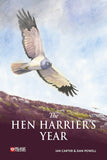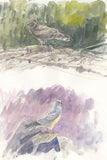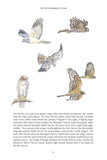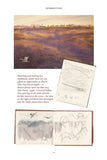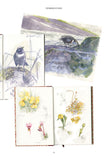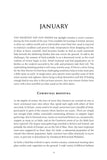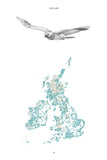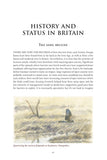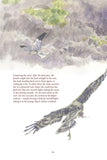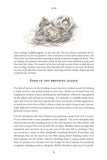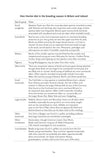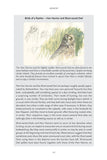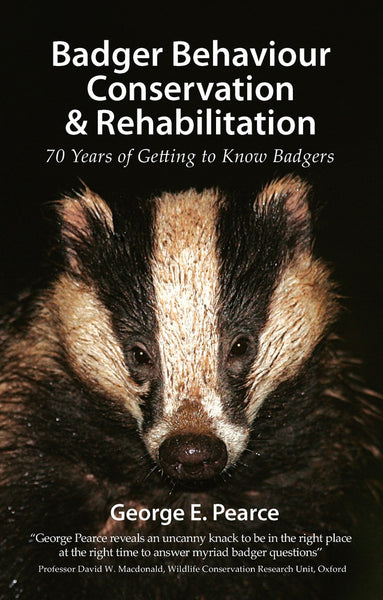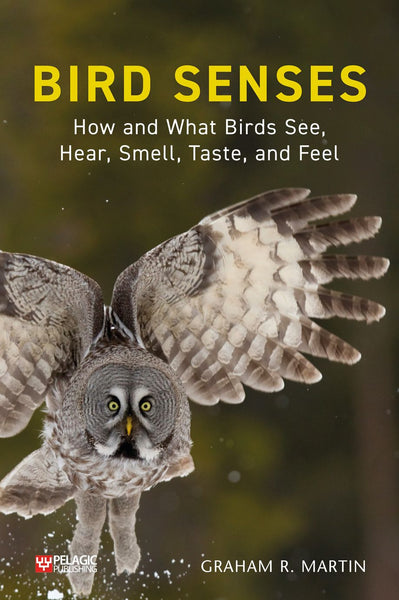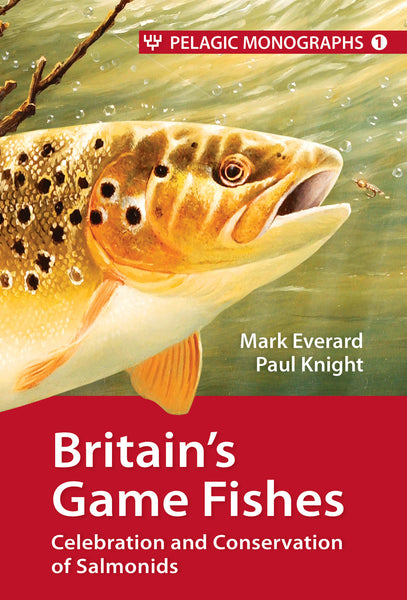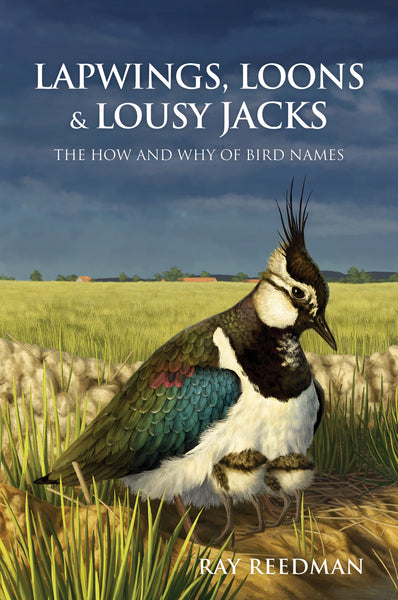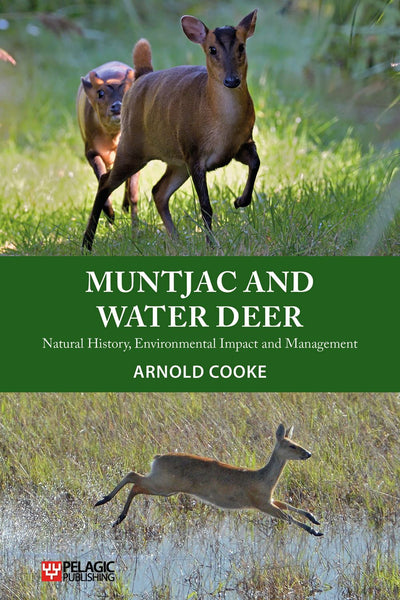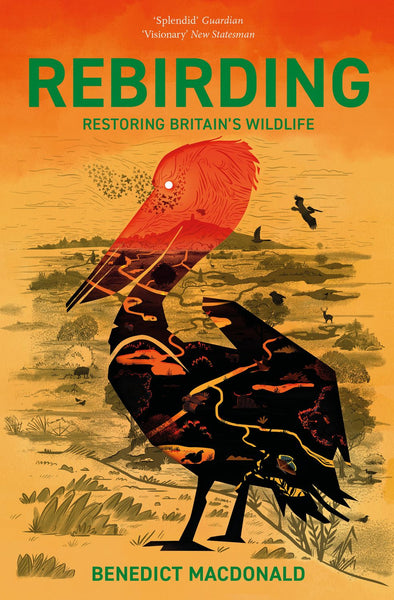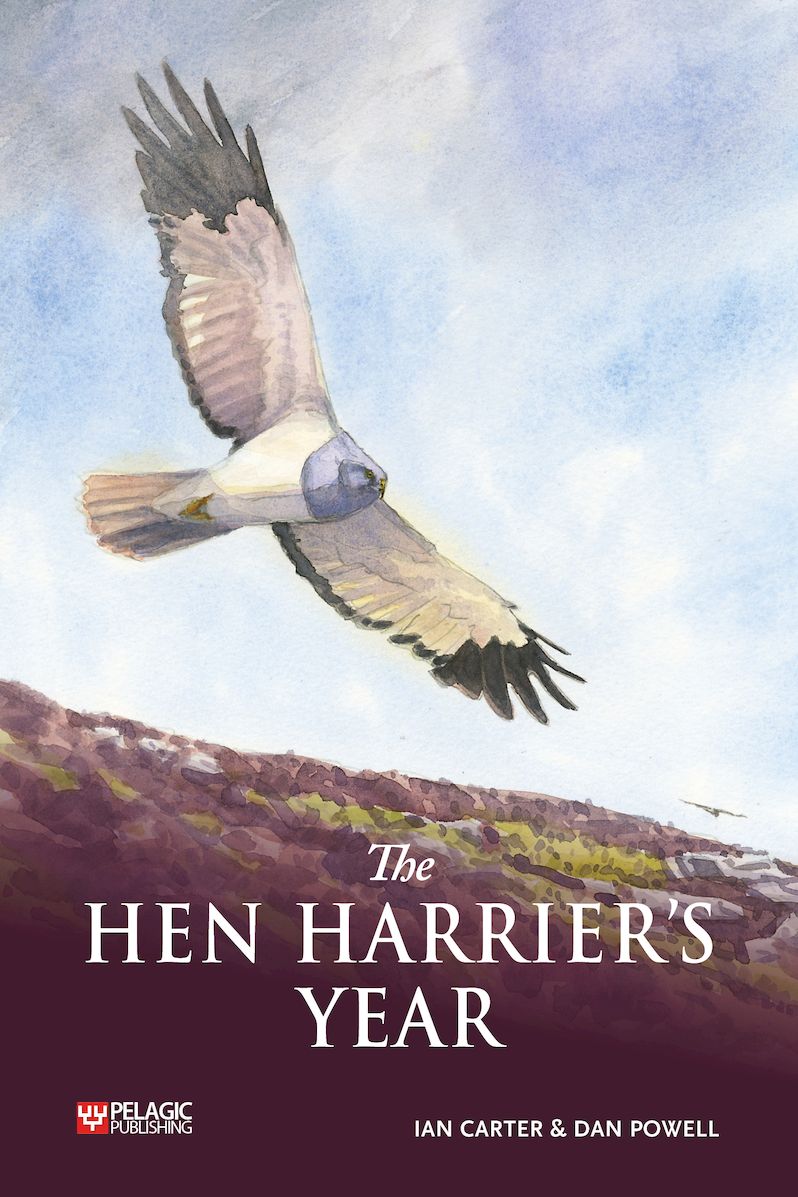
The Hen Harrier's Year
- A complete and vivid account of the Hen Harrier's life and behaviour.
- An incisive overview of the urgent state of this species' conservation.
- Bursting with charming illustrations of these charismatic birds and their habitat.
- A portrait in words and watercolour, as tender and beautiful as it is informative, insightful and damning of failure to protect this iconic bird.
—Amy-Jane Beer, naturalist and author of The Flow
- birds
- birdwatching
- conservation
- ecology
- ornithology
- raptor
Description
Most British birds of prey have largely recovered from historical persecution, but the beleaguered Hen Harrier is still struggling and remains far less common than it should be. This is a particular shame, because it is one of our most inspiring raptors. Spectacular sky-dancing displays and balletic food passes from male to female brighten up the moors in summer. And in winter, communal roosts in the lowlands attract birders from far and wide to catch sight of this now-elusive species.
This book follows the Hen Harrier over a year: from rearing young hidden away in dense heather, to the fight for survival in the harshest months of winter. Interspersed among the monthly accounts are chapters on the history and status of this iconic bird, as well as an overview of one of the most intractable conflicts in modern conservation: the Hen Harrier’s liking for grouse moors (and the grouse that are raised there) wins it few friends among shooters, and ongoing persecution continues to hamper its recovery. There are tentative signs of progress, but its fate as a breeding bird in England hangs in the balance.
Evocative illustrations, in part based on privileged access to the handful of breeding birds that remain on England’s moors, showcase the Hen Harrier’s exploits through the seasons. These will delight admirers of this species and hopefully foster a greater interest in its wellbeing. The Hen Harrier needs all the help it can get.
DOI: 10.53061/OPFD3750
Reviews
- A portrait in words and watercolour, as tender and beautiful as it is informative, insightful and damning of failure to protect this iconic bird.
—Amy-Jane Beer, naturalist and author of The Flow - This is an exploration and introduction to the ecology of the species and does that job very well...an affectionate portrait of a wonderful species.
—Mark Avery, author and environmental campaigner - The Hen Harrier’s Year, written by Ian Carter and illustrated by Dan Powell, is yet another superb book and compelling read, a sequel to their earlier work, The Red Kite’s Year. The book is written and illustrated with a heart-felt and clear expertise of their subject. It is highly recommended and a must for those keen to learn more about the life history of the Hen Harrier, one of our most charismatic yet threatened raptors.
—Colin Shawyer, Raptor Biologist - For anyone who wants to learn more about the life history and ecology of the hen harrier, but has been put off by dry, academic scripts, this is the book for you. Ian Carter has done a wonderful job of assimilating the scientific knowledge about the hen harrier and presenting it in such an engaging format that you’re left deciding whether to turn the page or grab your coat to go in search of this precious species.
—Raptor Persecution UK - A truly great read...this book will inspire you to get out into the countryside, not only to watch the harriers, but also to wonder at the marvels that British nature has to offer.
—Alan Snook, Hampshire Ornithological Society - For the writing of this work, Ian Carter and Dan Powell followed the Hen Harrier for a year: from hatching the eggs and raising the young to the struggle for survival in winter's harshest months. Beautiful illustrations from life…will delight admirers of this species and the authors hope that this will also generate more interest its welfare.
—Walter Belis, Alauda - If, like me, you love raptors, this is for you.
—John Miles, birdwatching.co.uk - This book is a must have for anyone with an interest in the Hen Harrier!
—The Birdbooker Report - The Carter and Powell duo have triumphed again. This book is informative and relevant, and a delight both to read and simply to look at.
—Keith Betton, British Wildlife - This is the book to get if you want an easy-to-read and informative account of the Hen Harrier, its history in Britain and its interaction with the grouse-shooting industry. I found it a pleasure to read.
—Ian Newton, British Birds - This is a beautifully presented book, a worthy sequel to the previous offering, a love-letter to Hen Harriers and the places they inhabit, and a scathing appraisal of the failure to bring this delicate species back from the brink in the UK. This would provide the perfect introduction to anyone interested in learning more about them and the challenges they face.
—Anthony Wetherhill, BTO News - The book gives you an insight into this amazing bird with Dan’s large number of paintings/sketches adding to the story. If you liked the Red Kite book in this series, you will certainly enjoy this book.
—John Miles, IBIS - Dan Powell's illustrations throughout the book are delightful... This book is well worth a read and anything that brings the Hen Harrier's plight to a wider audience can only be a good thing.
—Sandy McNeil, De Tha Dol
About the Author
Ian Carter worked as an ornithologist at Natural England for 25 years before retiring early to spend more time watching and writing about wildlife. His books include Human, Nature (2021) and The Red Kite’s Year, an earlier collaboration with Dan Powell.
Dan Powell is an award-winning wildlife artist. His work appears in nearly 100 books, as well as numerous magazines. He is married to Rosemary, whose paintings also appear in this book.
Bibliographic Information
 180 pages
180 pages - 150 colour illustrations, 2 distribution maps
- BISAC NAT043000, SCI070040
- BIC PSVW6, WNCB






